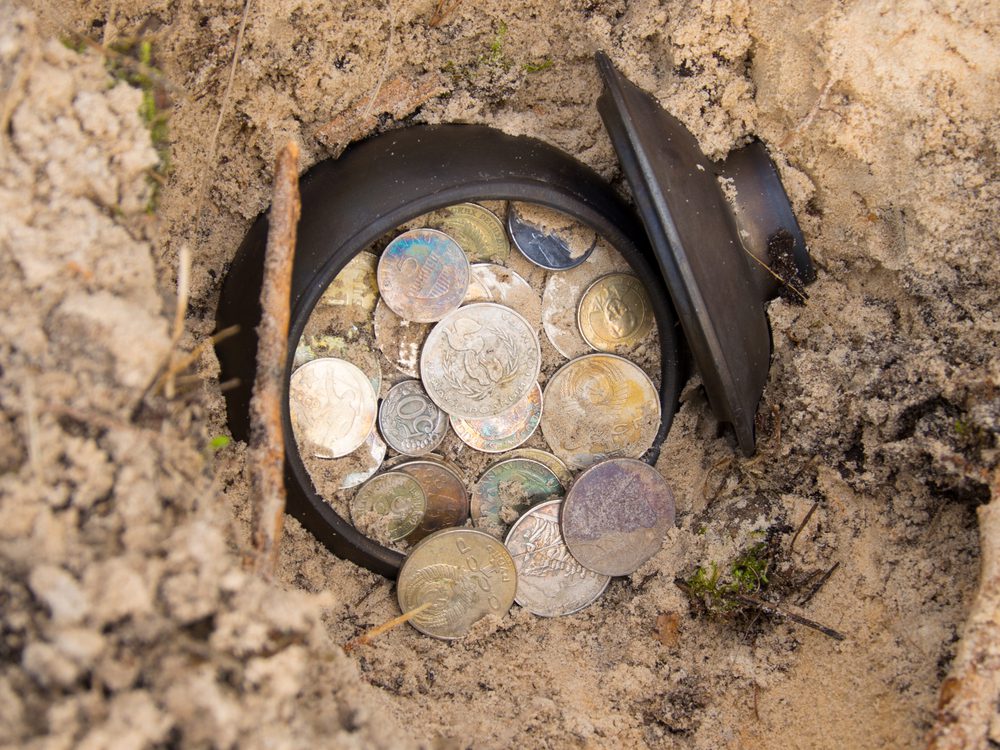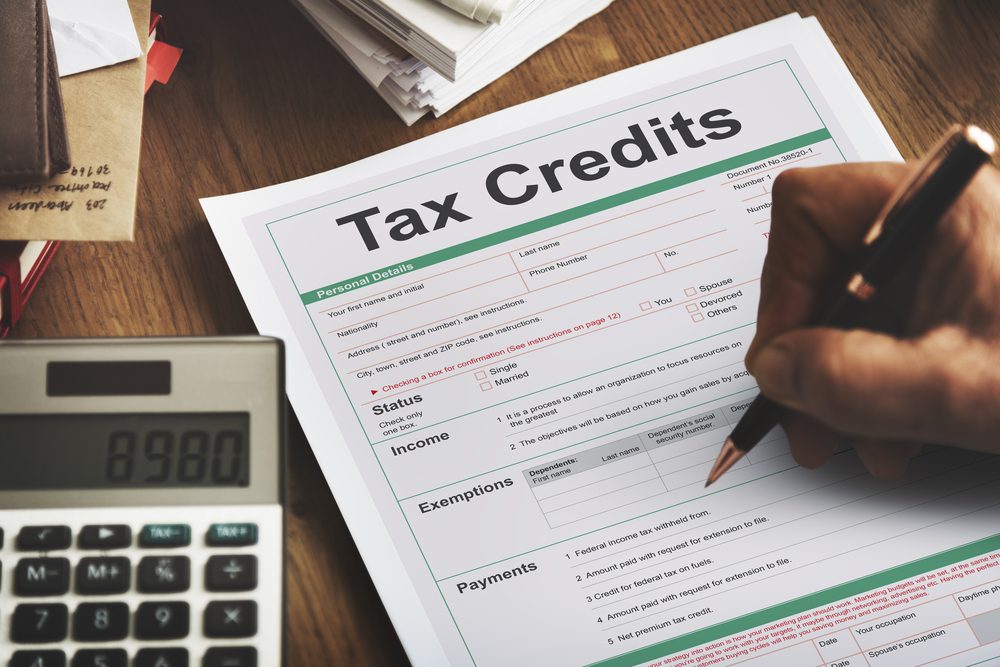
3. Buried Treasure
Any treasure you find is taxed, too. In September 2020, a lucky man found a 9-carat diamond in Arkansas’ Crater of Diamonds State Park. It was the second-largest diamond ever discovered in the park, and its estimated value was $1 million or more.
So be aware that if you unearth a cache of gold coins, discover a diamond in the rough, or find sunken treasure while deep-sea diving, Uncle Sam wants a piece of your booty. According to the IRS, found property is taxed at its fair market value in the first 12 months it’s in your undisputed possession.
The IRS’s “treasure trove” was first applied in 1964, when a couple found $4,467 in a used piano they had bought for only $15. The IRS said the couple owed taxes on the money, and a US District Court agreed.









